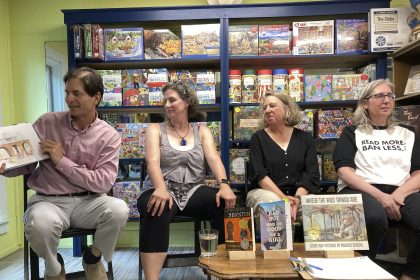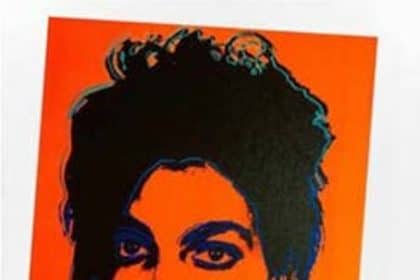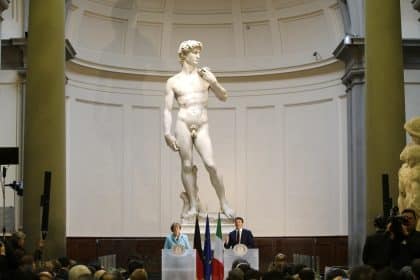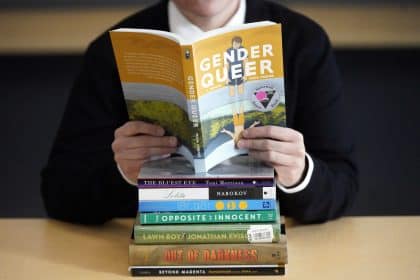Permanent Closings Possible as UK Arts Sector Faces Ongoing Crisis
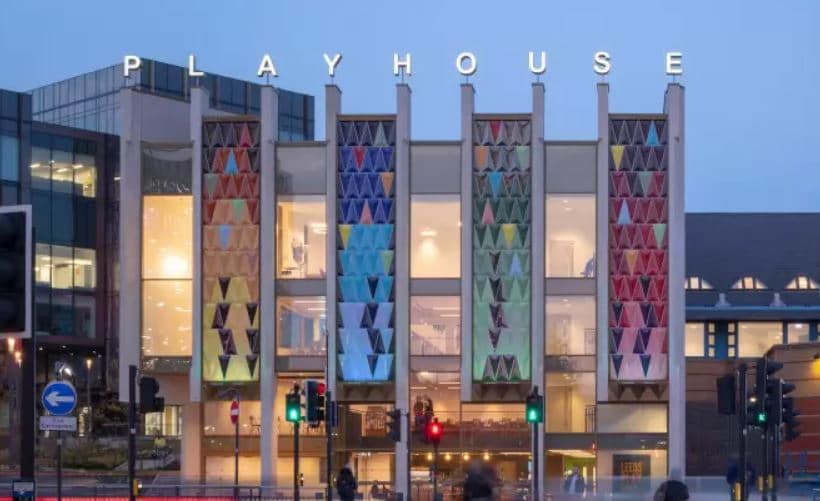
As the United Kingdom sets out its plan of guiding and supporting its arts industry amid the pandemic, the sector remains in a state of crisis as freelancers in the British theatre sector consider leaving the profession and theatres face the threat of permanent closures.
According to a report from Freelancers Make Theatre Work, a U.K. based community network of freelancers, a third of surveyed freelancers report that they are likely to leave the theatre industry.
The same report also reveals that a quarter of surveyed freelancers have said they have been unable to access emergency income of any kind since the pandemic started.
In its efforts to help the arts sector, the U.K. government recently passed a near $2 billion stimulus package, providing a lifeline of support for arts organizations and cultural institutions struggling to keep their operations going during the pandemic. The package is designed to help those across all art industries.
Upon the announcement of the package, those employed as freelancers in the U.K. theatre industry were promised they would be included as part of the funding.
“Funding to restart paused projects will also help support employment, including freelancers working in these [arts] sectors,” said the government.
Despite the government’s intentions of preserving jobs for freelancers, the reality of the funding has yet to make a full impact.
Critics of the U.K.’s financial response for the arts sector believe that much like the country’s perceived slow response to initiating a pandemic lockdown, the funding for the arts sector is seen as coming in “too late” for many struggling artists.
Many fear that the stimulus package will favor arts organizations that are already well financed and that the stimulus will not benefit artists who are in real financial need.
Commenting on this, the country’s culture secretary Oliver Dowden said in an interview with Telegraph that the U.K. government will prioritize funding for the “crown jewels” of Great Britain’s arts institutions that are “nationally and internationally renowned.”
Amanda Horlock, a freelancer who works as a self-employed actress, theatre director and teacher, told The Well News that she finds the “crown jewels” prioritization to be troubling since, “This doesn’t appear to offer help [to] the many smaller, regional and local [theatre] companies across the country.”
Horlock continues, pointing out that, “At the moment there is no clear understanding of when theatres can reopen.”
That uncertainty remains a concern for newcomers and veterans in the U.K. theatre sector.
Bev Kippenhan, a U.K. based classical acting student at Bath Spa University, tells The Well News that as a newcomer, her options of entering the field have become limited as she finishes her masters.
“A lot of important opportunities to get my name out into the U.K. arts sector got taken away, and that has been frustrating,” Kippenhan said.
Sarah Sigal, a London based freelance theatre practitioner who has worked in the field for the past 15 years, said she disapproves of the U.K. government’s “slow, insensitive reaction” to the pandemic-related plight of the arts industry.
Sigal also said she fears that she “won’t be able to stay in this profession” if theatres continue to have shuttered doors.
Julian Bird, the chief executive of U.K. Theatre and the Society of London, has said that 70 percent of the theatres and production companies run the risk of bankruptcy by the end of the year.
The prospects of theatre in the country remain uncertain in modern times, however historically the theatre sector has made notable comebacks after times of uncertainty.
Dougie Blaxland, a U.K. based playwright and theatre producer, told The Well News that he remains optimistic about the sector’s comeback.
“I believe that we will come back strongly. It is worth remembering that theatres in London closed in 1603 and again in 1608 because of [the] plague…”
Blaxland continues, “Theatre across the U.K. was closed entirely during the puritan revolution from 1649 and 1660 and the Restoration Comedy that followed brought mass audiences.”
Horlock echoes Blaxland’s optimism by stating that she is “excited about what new ways theatre makers will find to produce work.”
Horlock suggests how theatre will evolve after the pandemic by stating, “Perhaps a resurgence of locally made work specific to the culture and experience of particular places will emerge, with the prevalence of outdoor work [and] street work.”

















